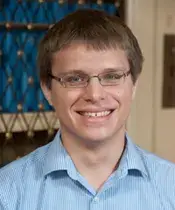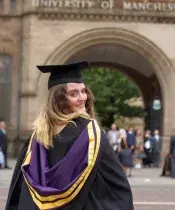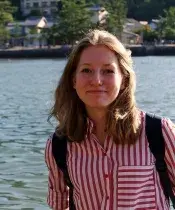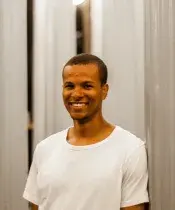James completed his undergraduate and PhD degrees in chemistry at the University of Birmingham under the supervision of Prof. Colin Greaves. His PhD research (which was awarded the RSC Roy Prize in 2012) focussed on the understanding the magnetic properties of oxide and oxide-sulfide materials derived from mineral structures. This work combined synthesis of cation-doped materials with density functional theory calculations of electronic structure to understand variations in magnetic ordering behaviour.
In April 2014 James took up a position as a postdoctoral research fellow in the group of Prof. J. Paul Attfield FRS at the Centre for Science at Extreme Conditions (CSEC), University of Edinburgh. During this ERC-funded position, James expanded his range of research techniques including single crystal diffraction and total scattering methods, focussing on the relationship between electronic phase transitions and atomic structure. He also developed a number of additional interests including an ellipsoidal method for structural analysis (including data-mining of crystallographic literature), electronic structure calculations for phase-change materials and mixed-anion (oxyfluoride) materials.
In January 2019 James was appointed as a lecturer in inorganic chemistry in the School of Chemistry, University of Edinburgh. Initially a teaching-focussed position, James was later appointed to a full lectureship covering both research and teaching roles. Besides conducting his research program, he is involved in tutoring, lab supervision and lecturing to undergraduate students, delivering courses in Energy Storage Materials and Data-driven chemistry.












